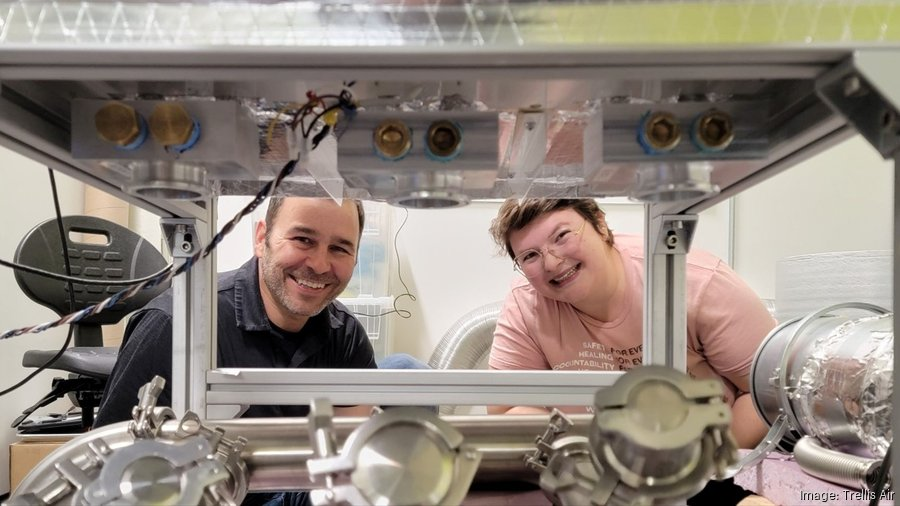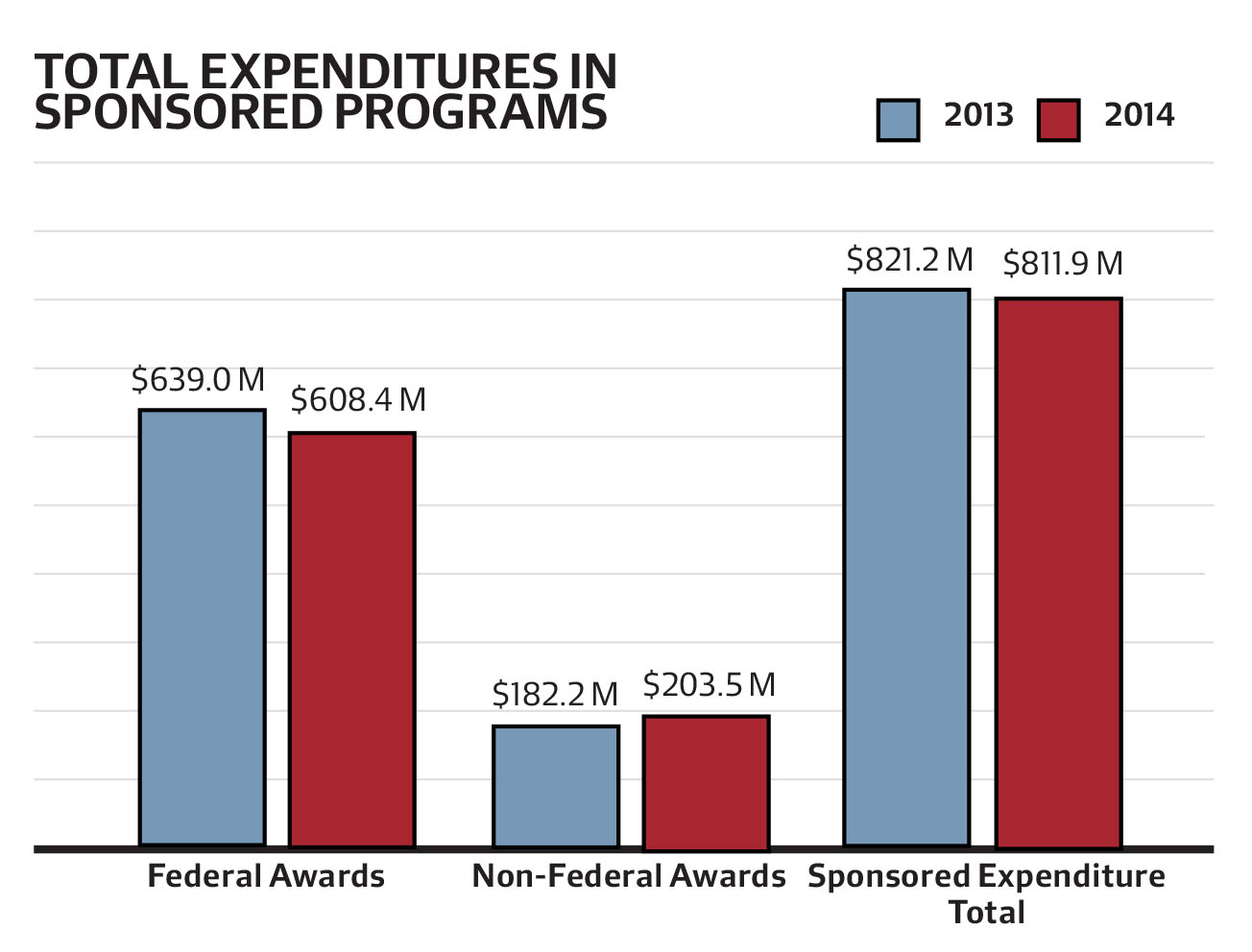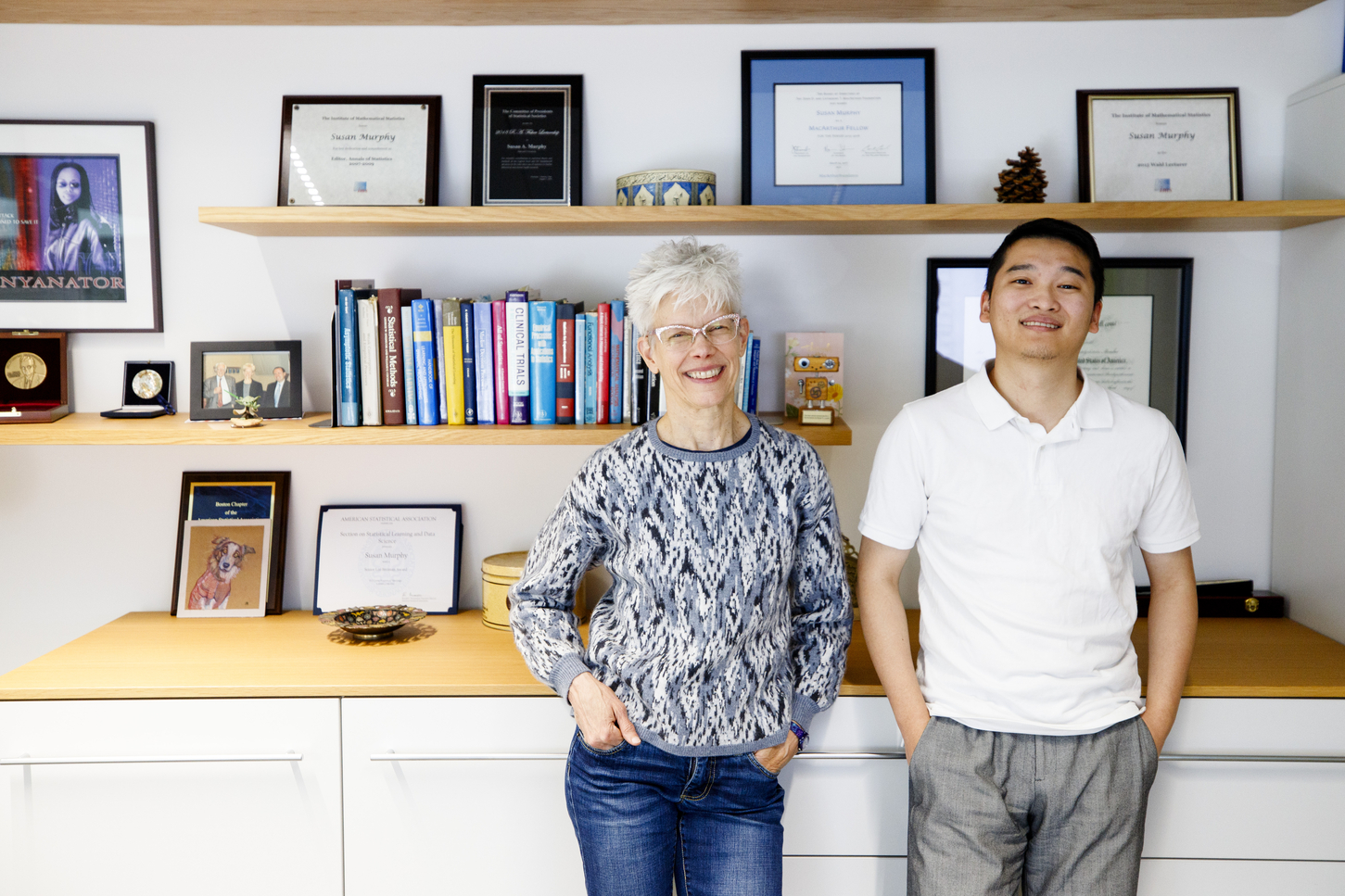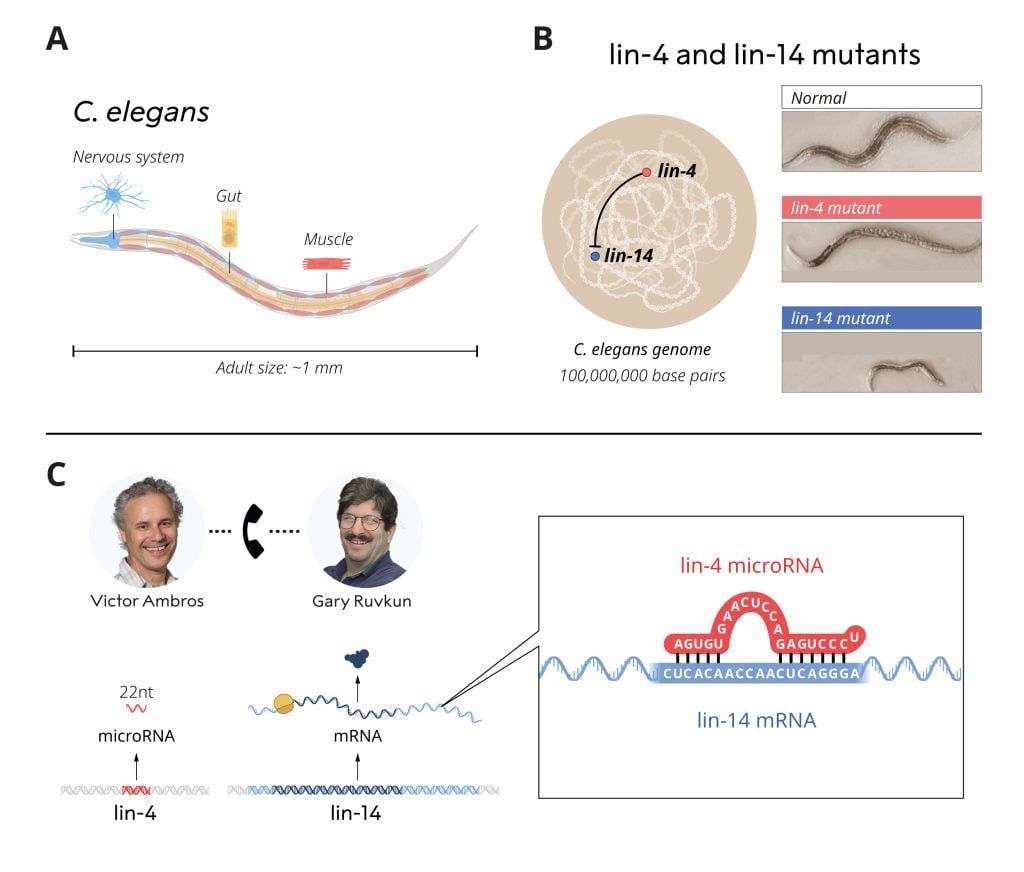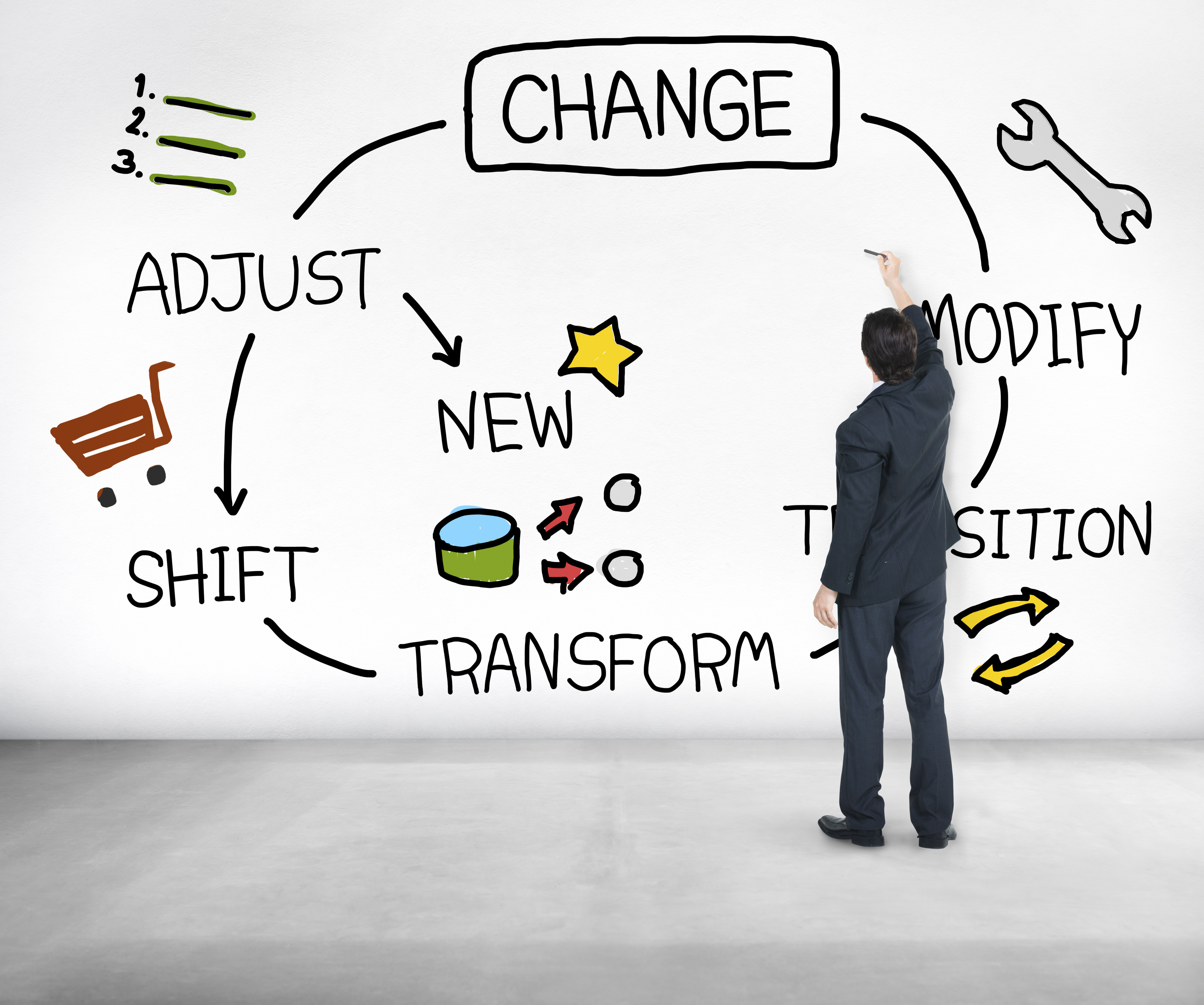
Change: The Psychology of Embracing Our Personal Growth
Change is an undeniable aspect of life, intricately woven into the fabric of our existence. It fuels personal growth and offers the chance for self-improvement, compelling us to navigate the psychology of change actively. Embracing change can feel daunting, yet it is essential in adulthood, where we often experience significant transformations. Whether conscious or subconscious, our responses to change shape who we become and how we interpret our realities. Thus, recognizing the profound impacts of change can lead to a more fulfilling life journey.
Transitions, transformations, and evolution characteristically define our journey through life. As we navigate the intricacies of our existence, the ebb and flow of development can significantly influence our path toward personal enhancement. Whether through informed decisions or unforeseen circumstances, these shifts in our lives push us to reconsider our perspectives and long-held beliefs. The concept of evolution often invites exploration of how we adapt and respond to the different phases and challenges that arise. Ultimately, accepting transformation as a constant opens the door to a richer understanding of ourselves and our surroundings.
Understanding the Psychology of Change
The psychology of change delves into how individuals perceive and react to life transitions and transformations. It emphasizes that change is not only a phase in life but a fundamental aspect of human existence. Psychologists assert that our identities are not fixed; rather, they are shaped by our experiences and environmental influences. This notion aligns with the principles of personal growth, suggesting that embracing change can lead to profound self-improvement. In the journey of adulthood, acknowledging our feelings towards change—whether fear, excitement, or ambivalence—is crucial in navigating new phases of life.
Research indicates that our psychological response to change can significantly impact our adaptability and resilience. For some, acknowledging change as a necessary and beneficial part of life leads to positive outcomes, such as heightened emotional intelligence and better coping strategies. Conversely, resisting change often contributes to anxiety and dissatisfaction. Understanding the psychology behind this resistance can empower individuals to cultivate a mindset that welcomes change as an opportunity for growth, improving their overall well-being in adulthood.
Embracing Change for Personal Growth
Embracing change is essential for personal growth, a process often viewed through the lens of self-improvement. When individuals consciously acknowledge the facets of their lives that require change—and actively seek to address them—they open themselves to a world of opportunities. This proactive approach not only enhances personal satisfaction but also fosters resilience in the face of unexpected life events. As articulated by Robert Waldinger, resisting change invites suffering, while accepting and embracing it creates pathways to greater happiness and fulfillment.
Moreover, the act of embracing change encourages an expansion of one’s comfort zone. It challenges individuals to confront their biases and broaden their perspectives, fostering not just personal growth but also deeper connections with others. For instance, the ongoing conversations surrounding implicit bias and societal transformation exemplify how embracing change in one’s beliefs can lead to a collective vision of progress, mirroring the undercurrents of self-improvement present in our relationships and communities.
The Role of Disillusionment in Change
Disillusionment often plays a hidden yet pivotal role in the process of change. Richard Weissbourd highlights that individuals frequently experience disillusionment as part of their personal narratives, leading to either cynicism or a broader understanding of their circumstances. This shift can mark a significant turning point in one’s life, prompting a re-evaluation of one’s values and aspirations. Recognizing that disillusionment does not have to lead to negativity enables individuals to use it as a catalyst for personal growth.
In the realm of self-improvement, confronting disillusionment can pave the way for positive transformation. It often forces individuals to challenge their previous assumptions, leading to increased awareness and empathy towards others, thus fostering more meaningful relationships. In doing so, one can transcend bitterness and instead opt for a growth mindset, where disillusionment becomes a stepping stone rather than a stumbling block on the path toward personal fulfillment and adulthood change.
Using Change as a Tool for Self-Improvement
Change can be a powerful catalyst for self-improvement, allowing individuals to shed old habits and embrace new challenges. Just as nature undergoes seasonal transformations, people can also reinvent themselves through conscious efforts to change their mindset or behavior. This transformation is integral to personal growth, showcasing that even in adulthood, individuals are capable of significant development. Establishing goals and committing to them can result in the lasting self-improvement that ultimately shapes our identities.
Furthermore, understanding that change can drive self-improvement allows for a more strategic approach to development. Individuals who actively seek change in their lives—whether through personal goals, career shifts, or relationship dynamics—often find themselves emerging as stronger, more resilient versions of themselves. Recognizing that change is a continuous process enables individuals to remain adaptable, continually striving to enhance their lives and the lives of those around them.
The Influence of Age on Change and Personal Development
Age profoundly influences how we perceive and respond to change. Contrary to the misconception that personal development halts in adulthood, the reality is quite different. Every stage of life presents unique challenges and opportunities for self-discovery and growth. As noted in scientific discussions, the experiences accumulated over the years shape our ability to embrace change. With age, individuals often gain wisdom that informs their decision-making processes, allowing for deeper reflections on what truly matters, thereby influencing their journey through adulthood.
Moreover, understanding the changes our bodies and minds undergo with age allows for a more compassionate view of ourselves. The evolution of identity is continuous, and each decade brings forth distinctive shifts. Embracing the changes that come with aging can ultimately lead us to better self-acceptance, enriching our life experiences and enhancing our relationships. This acceptance not only promotes personal growth but also cultivates empathy toward the aging process in others, creating a more inclusive and understanding society.
Agency in the Midst of Change
Agency plays a critical role in navigating the landscape of change. Mahzarin Banaji emphasizes the importance of retaining personal agency when confronted with life transitions. Recognizing our ability to influence change empowers us to make decisions aligned with our values and aspirations. This empowerment created by acknowledging one’s agency can yield significant benefits for self-improvement, as individuals who believe they have the power to enact change are more likely to pursue personal growth.
Moreover, cultivating a sense of agency can also mitigate feelings of helplessness that often accompany change. When individuals actively engage in decision-making processes regarding their lives, they enhance their sense of control and reduce stress. This perspective fosters resilience, encouraging people to embrace the unpredictable nature of life rather than succumb to it. In the journey of personal growth, understanding and asserting our agency serves as a cornerstone for successful adaptation and thriving in the face of change.
The Biopsychosocial Approach to Understanding Change
A biopsychosocial approach to change emphasizes the complex interplay between biological, psychological, and social factors. This holistic perspective recognizes that our responses to change stem not only from individual attitudes and emotions but also from deeper biological undercurrents and social contexts. Understanding our personal histories and social environments can shed light on why certain individuals embrace change while others resist it. This comprehensive approach aligns with discussions around self-improvement, illustrating that different dimensions of our lives can shape our attitudes toward transformation.
Exploring the biopsychosocial aspects of change allows for a nuanced appreciation of individual experiences. For instance, acknowledging that some individuals may face biological predispositions that influence their comfort with change can lead to more supportive environments for those individuals seeking personal growth. In this way, the biopsychosocial model informs a richer understanding of how to foster change and enhance self-improvement across diverse populations, thereby promoting a holistic view of human development in adulthood.
Cultivating Resilience in the Face of Change
Resilience is a crucial skill in navigating the inevitable changes that life presents. Building resilience involves equipping oneself with tools and mindsets to bounce back from setbacks and adapt to new circumstances. Resilient individuals approach change with a growth mindset, viewing challenges as opportunities for learning and development rather than as threats. This perspective fosters personal growth and enhances the capacity for self-improvement throughout various life stages.
There are various methods to cultivate resilience, such as maintaining supportive relationships, practicing mindfulness, and setting realistic goals. These strategies foster emotional stability and responsiveness, enabling individuals to embrace change with open arms. By continually investing in personal development and resilience-building, individuals not only enhance their ability to cope with change but also pave the way for enriching life experiences and fulfillment.
The Journey of Self-Discovery through Change
The journey of self-discovery is intricately interwoven with the experiences of change. As individuals navigate through various transitions in their lives, they often unearth new facets of their identities and capabilities. Each change, whether welcome or not, serves as an opportunity to explore personal values and aspirations more deeply. Engaging in self-reflection during periods of change can lead to significant insights that facilitate personal growth and enhance one’s sense of self.
Furthermore, the quest for self-discovery often cultivates a deeper understanding of how change influences our relationships with others. As we evolve, our connections can shift, introducing new dynamics that require adjustment. Embracing this fluidity in relationships enhances interpersonal skills and fosters resilience. Ultimately, the journey through change is not just about navigating external circumstances; it’s about cultivating an evolving sense of self that embraces growth and transformation.
Frequently Asked Questions
How can embracing change contribute to personal growth?
Embracing change is essential for personal growth as it leads to self-improvement and new opportunities. By welcoming change, individuals can develop resilience, adapt to new circumstances, and discover new aspects of themselves. This proactive approach allows for continual learning and significant psychological development throughout adulthood.
What role does the psychology of change play in self-improvement?
The psychology of change is pivotal in self-improvement, as understanding the emotional and cognitive processes involved can motivate individuals to pursue change. By recognizing how biases and fears influence our resistance to change, we can create strategies that encourage personal growth, thereby enhancing our overall wellbeing and quality of life.
What challenges do adults face when experiencing change in their lives?
Adults often encounter various challenges when facing change, such as fear of the unknown, feelings of disillusionment, and ingrained habits that resist transformation. These challenges can lead to emotional distress, but understanding that change is a natural part of life can help individuals navigate these obstacles and emerge stronger, promoting continuous personal growth.
Is it possible for adults to change their implicit biases, and how does that relate to their personal growth?
Yes, adults can change their implicit biases, which is crucial for personal growth. Research shows that through exposure to diverse perspectives and experiences, individuals can reinterpret their biases and adopt more inclusive views. This transformative process not only enhances personal relationships but also contributes to a more accepting society, reinforcing the importance of embracing change.
How can individuals overcome resistance to change in adulthood?
Individuals can overcome resistance to change by acknowledging their fears and reframing their perceptions of change. Techniques such as mindfulness, seeking support from loved ones, and setting achievable goals can facilitate a smoother transition. By viewing change as an opportunity for growth rather than a threat, adults can foster a mindset that embraces transformation.
What is the impact of disillusionment on a person’s ability to embrace change?
Disillusionment can significantly affect a person’s ability to embrace change, often leading to bitterness or withdrawal. However, it can also serve as a catalyst for deeper understanding and adaptation. By reframing disillusionment as a chance for self-reflection and reevaluation, individuals can leverage this experience for personal growth and renewed motivation to embrace change.
How can self-improvement efforts be balanced with accepting oneself amid change?
Balancing self-improvement with self-acceptance amid change involves recognizing that growth is a continuous journey. Individuals should celebrate their current achievements while remaining open to future possibilities. By fostering self-compassion and understanding that both acceptance and growth can coexist, individuals can navigate change more effectively and sustain their personal development.
What influences a person’s openness to change during different life stages?
A person’s openness to change can be influenced by various factors, including personality traits, life experiences, cultural background, and individual circumstances. For instance, those who prioritize adventure and novelty may embrace change more readily than those who value stability. Awareness of these influences can foster adaptability and enhance personal growth throughout adulthood.
Can intentional change lead to better life satisfaction as we age?
Intentional change can significantly enhance life satisfaction as we age, as it allows individuals to actively shape their experiences and outcomes. By setting purposeful goals and remaining engaged with their personal development, individuals can create a more fulfilling and meaningful life, reinforcing the idea that change is a pathway to greater happiness and contentment.
What are some effective strategies for navigating significant life changes?
Effective strategies for navigating significant life changes include developing a strong support system, practicing resilience through mindfulness and self-care, setting realistic goals, and maintaining a positive outlook. Embracing the unknown as part of the journey and being open to learning from each experience can also facilitate a smoother transition and promote continual personal growth.
| Key Points | Details |
|---|---|
| Inevitability of Change | Change is a constant aspect of life; resisting it leads to suffering, as highlighted by Robert Waldinger. |
| Types of Change | Change can be intentional (goal-oriented) or subconscious, affecting our outlook on life. |
| Impact of Disillusionment | Disillusionment can lead to cynicism or personal growth, which Richard Weissbourd emphasizes. |
| Persistence of Biases | Mahzarin Banaji discusses how implicit biases can change over time, reflecting societal evolution. |
| Personal Narratives | Our self-perception can hinder recognition of change, often due to a lack of awareness about inner transformation. |
| Cultural Resistance to Change | Cultural narratives can stigmatize change, leading to fear and resistance, particularly towards ‘outsiders’. |
| Complexity of Change | Change requires self-acceptance alongside the desire for self-improvement, complicating our relationship with change. |
| Opportunities for Change | As the new year approaches, embracing change offers personal growth and deeper understanding. |
Summary
Change is an inevitable aspect of life that we all must face. Embracing change can lead to personal growth, improved relationships, and a deeper understanding of ourselves and the world around us. As we look towards the future, especially with the new year approaching, recognizing that change is not just a possibility but a necessary part of our journey, can help us navigate our lives more positively and purposefully.

